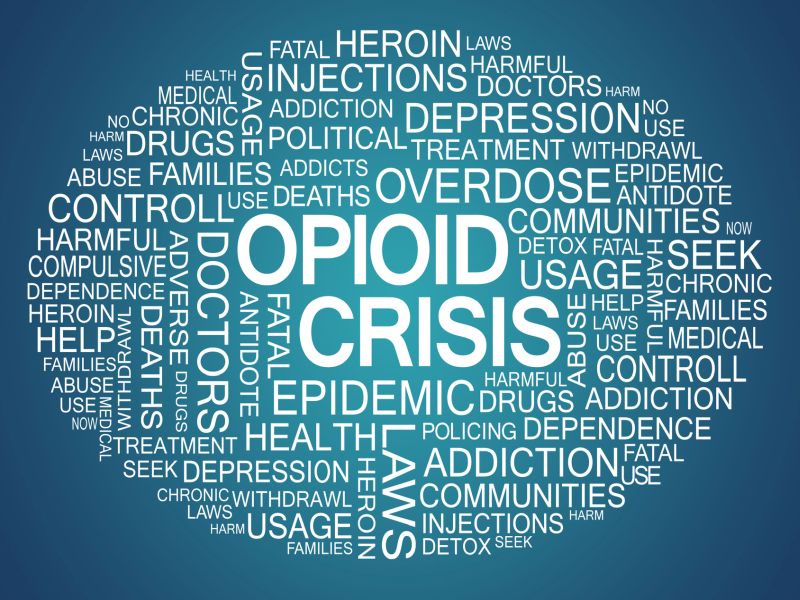
Children should be taught how to wash their hair without damaging it, the American Academy of Dermatology says. Improper washing can damage the hair and even lead to hair loss, the academy adds. It offers these suggestions for proper hair washing: Wet hair and scalp with warm water. Shampoo works best on wet hair. Pour… read on >


























